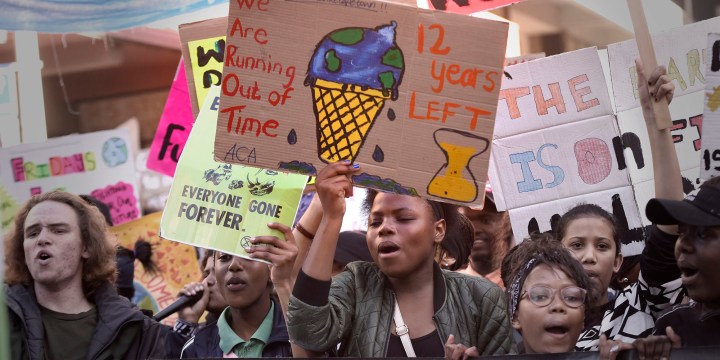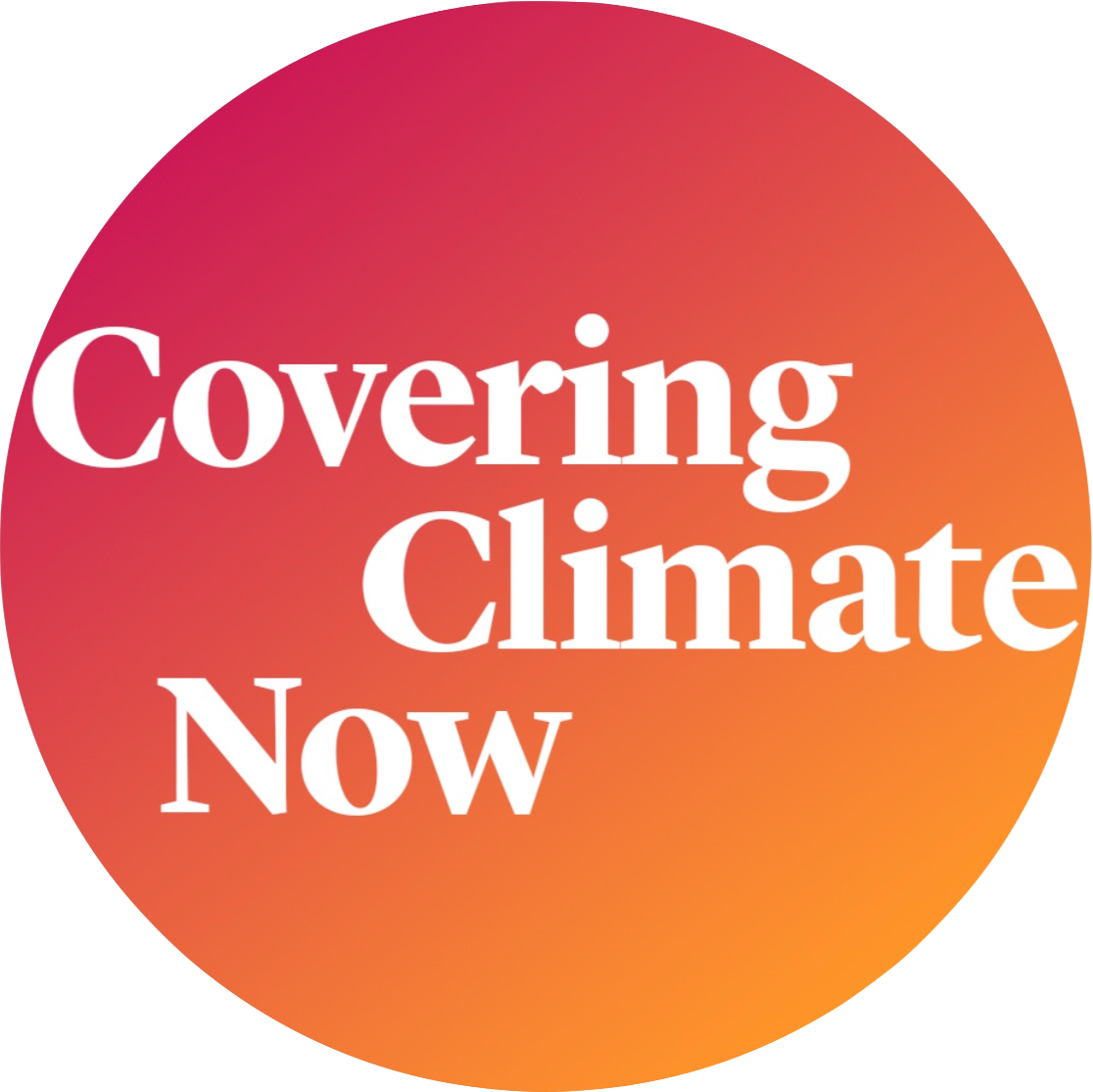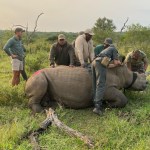Our Burning Planet
Climate Profile: Qiniso Ngcobo, the teenager teaching her community to pick up garbage

Qiniso Ngcobo, a 16-year-old Simon’s Town High School pupil, used to throw sweet wrappers on to the pavement along with everyone else in her community. Now, she is an outspoken environmental activist trying to bring home the impact of pollution and climate injustices.
At 16, Qiniso Ngcobo has already experienced the destructive nature of climate change to a far greater extent than many of her fellow climate activists. She was brought up in Durban and her family home was destroyed when an unexpected, torrential rainstorm unleashed a high-speed mountain of mud that demolished everything in its path.
Her father was forced to swiftly rebuild a new home in a nearby area. “I don’t think my dad realised that if it could happen in that area, it could happen in other areas as well,” said Qiniso of her father’s response to the incident.
After moving from Durban to Johannesburg, Qiniso and her family now live in Ocean View in Cape Town. Now, she is more likely to experience a fire such as the one that broke out in nearby Masiphumelele earlier in 2019, than a mudslide. “But there are fires in Ocean View too,” she told Daily Maverick.
“People from privileged areas shouldn’t actually ignore what’s happening to other areas. They should be helping. If everyone helps, we’ll see a difference in climate change. Not now, obviously, but in the future.”
Qiniso acknowledges that climate change often affects the poorest of the poor, rather than those living in big cities and metros across the world. In a report to the Human Rights Council on climate change and poverty, the Special Rapporteur emphasised this point:
“Climate change will have devastating consequences for people in poverty. Even under the best-case scenario, hundreds of millions will face food insecurity, forced migration, disease, and death. Climate change threatens the future of human rights and risks undoing the last 50 years of progress in development, global health, and poverty reduction.”
But climate activism is often associated with the wealthy, who have the financial means to live without plastic or buy environmentally friendly products. (Consider the fact that there are less than a dozen plastic-free grocery stores in Cape Town, the majority of which are located in urban areas.)
“I haven’t seen a lot of people in my culture interested in looking after the environment. We were never introduced to what causes climate change and global warming,” Qiniso told Daily Maverick.
The outspoken teenager admits that she did not know much about environmental degradation before hearing a talk by Ruby Sampson, a student at Westerford High School and founder of the African Climate Alliance, who came to speak at her school. She learned about global warming during geography classes from an academic perspective, but not as a social justice issue that she could become actively involved in.
A few months after hearing Sampson speak and joining the African Climate Alliance, Qiniso has managed to get her friends and family to go as green as they are able to, but getting the rest of her community on board has been difficult.
“Sometimes they see me, and I tell them not to litter, but they still do it right in front of me. So I just pick it up myself,” said Qiniso of her community’s reaction to her new-found passion for the environment.
Despite what sometimes feels like an uphill battle for change, Qiniso is supported by her parents and extended family. And she’s found an alternative way to reach older members of her community – by encouraging her mother to get out and about picking up garbage. Her parents’ friends have started to join the anti-littering campaign.
Although she does encounter cultural barriers when trying to educate older people about climate change, she thinks it is important for the older generation to listen to climate activists because young people are “leading them into the future”.
“The more youth and teenagers are involved, the better. It’s our future, and as a group of people we will be heard, instead of people just saying ‘oh it’s those kids again’. We all need to unite and fight against climate change,” Qiniso told Daily Maverick.
Although she is passionate about enacting change, Qiniso does not believe the South African government is doing enough to assist her cause and the cause of climate activists throughout the country. She wants direct action, and she wants it now.
“Our government is actually our main problem here. Our government should ban plastics, they should stop big companies contributing to carbon emissions, and they need to do it now. Not in 2021 or 2020, right now.”
Included in the government’s response to climate change, Qiniso wants to see climate education added to school curriculums and taught in government and private schools across South Africa and the rest of the world.
“School kids need to be taught about climate change and how to get involved from an early age,” the 16-year-old activist believes. DM



















 Become an Insider
Become an Insider